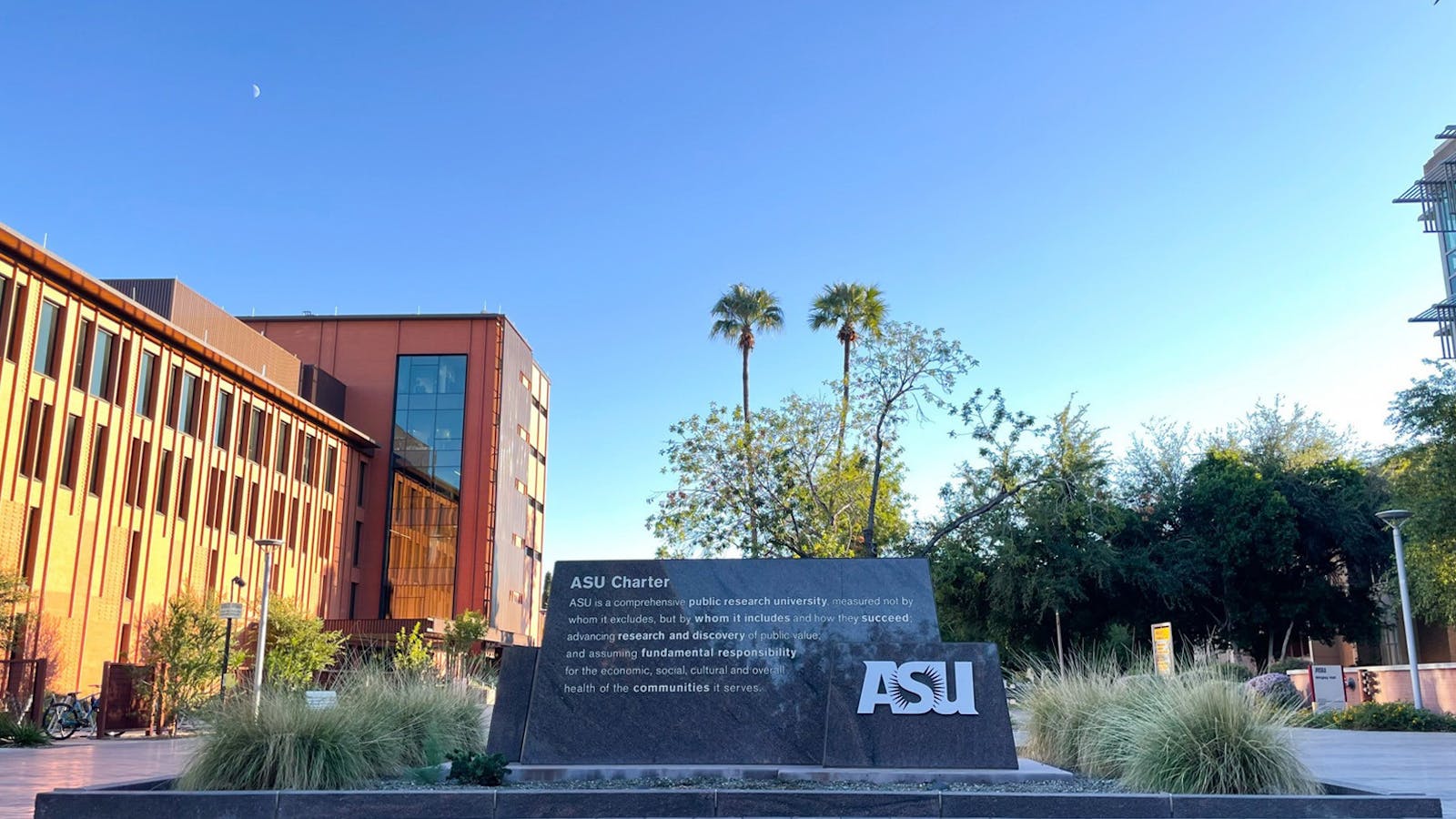Barrett, The Honors College increased their fee for new honors students this fall by $100 per semester, bringing their total yearly cost in fees to $2,200. This has left the college’s students mixed on the value of a Barrett education.
While some say the increase is worth it, others expressed skepticism about whether paying the additional costs is necessary. Barrett Dean Tara Williams emphasized the support Barrett offers to its students.
In a written statement, Williams said the fee provides resources for honors students, allowing the college to offer small class sizes, mentorship opportunities, professional development, pre-health and pre-law advising and other benefits.
This was emailed to The State Press on Monday, Sept. 15, 2025, and lists what the Barrett student fee pays for.
It was converted from a Google Doc to a PDF file on Tuesday, Sept. 16, 2025.
Williams also said Barrett contributes more than $1.4 million in exclusive scholarships annually and funds travel experiences, thesis research and paid employment for students.
READ MORE: Upcoming changes, updates come to Barrett, the Honors College for Fall 2025
For some students, the college provides the opportunity to branch out and connect with like-minded peers.
“I came to Barrett because I thought it was a good mix of the social life of ASU with academic rigor and more of a structured path,” Mar Jensen, a freshman studying finance, said.
Jordan Gauthier, a Downtown Phoenix campus representative for the Honors College Council at Barrett and a sophomore studying kinesiology, said that there are many benefits to the college’s tight-knit community.
“Coming into such a big school, it really narrows down the people you see into a smaller group, where you actually can form deeper connections,” Gauthier said.
Classes like The Human Event, a two-semester course all first-year Barrett students take, were helpful as a student in a scientific major, Gauthier said. She enjoyed the class’s abstract intellectual stimulation, where she could speak on a new text every week with her colleagues and relate it to her own personal experiences.
“I really liked that type of community and what kind of conversations that brought about,” Gauthier said.
Gauthier also said Barrett provides a head-start on postgraduate careers in a unique way. Ari Hartman, a sophomore studying political science, said Barrett’s pre-law opportunities are especially helpful for them.
Pre-law students may participate in the Project Excellence program, where they can take law school courses at the Sandra Day O’Connor College of Law. Hartman said their ambitions to go to law school led them to the honors college.
“It’s really worth it for people who are pursuing a master’s degree or law school education,” Hartman said.
Additionally, Barrett’s postgraduate opportunities not only include pre-law advising, but also advising for pre-health.
Barrett students can apply for clinical and research positions through the college’s partnerships with nonprofit health systems, such as the Mayo Clinic.
Gauthier said she understood concerns with the added cost and said an extra fee “has to really be worth it.” Other honors students questioned how much value the fee brings.
Kamala Sasalu, a freshman studying business, expressed doubts about Barrett’s worth when compared to its cost.
“I really don’t think it’s worth it,” Sasalu said. “I would suggest just going to ASU instead of Barrett.”
READ MORE: The exclusivity problem
Barrett students pay more for “a lot of extra work,” Sasalu said. Hartman said this could push people away.
“I do love having a challenge, but I do understand that it’s not worth it for all people,” Hartman said.
Sasalu said the projects students get to work on during their time at Barrett could be beneficial, but it all depends on the student’s circumstance.
“If you do think that you’d like to do a project, or you think there’s value in a thesis, perhaps going to Barrett would be a good idea,” Sasalu said. “It really just depends (on) what you want to do.”
Edited by Carsten Oyer, George Headley and Pippa Fung.
Reach the reporter at mharr200@asu.edu.
Like The State Press on Facebook and follow @statepress on X.
Megan Harris is a Public Service and Public Policy student in her debut semester with the State Press. Megan is also affiliated with the American Red Cross and ASU’s Children’s Equity Project.
Continue supporting student journalism and donate to The State Press today.
